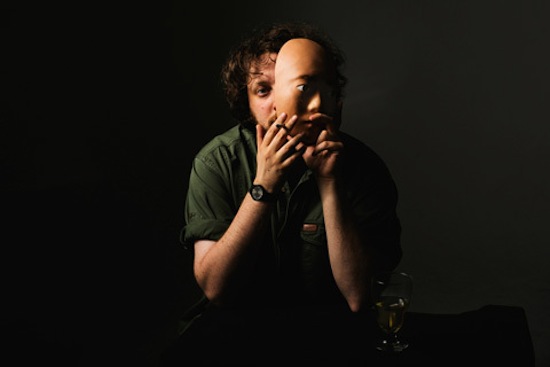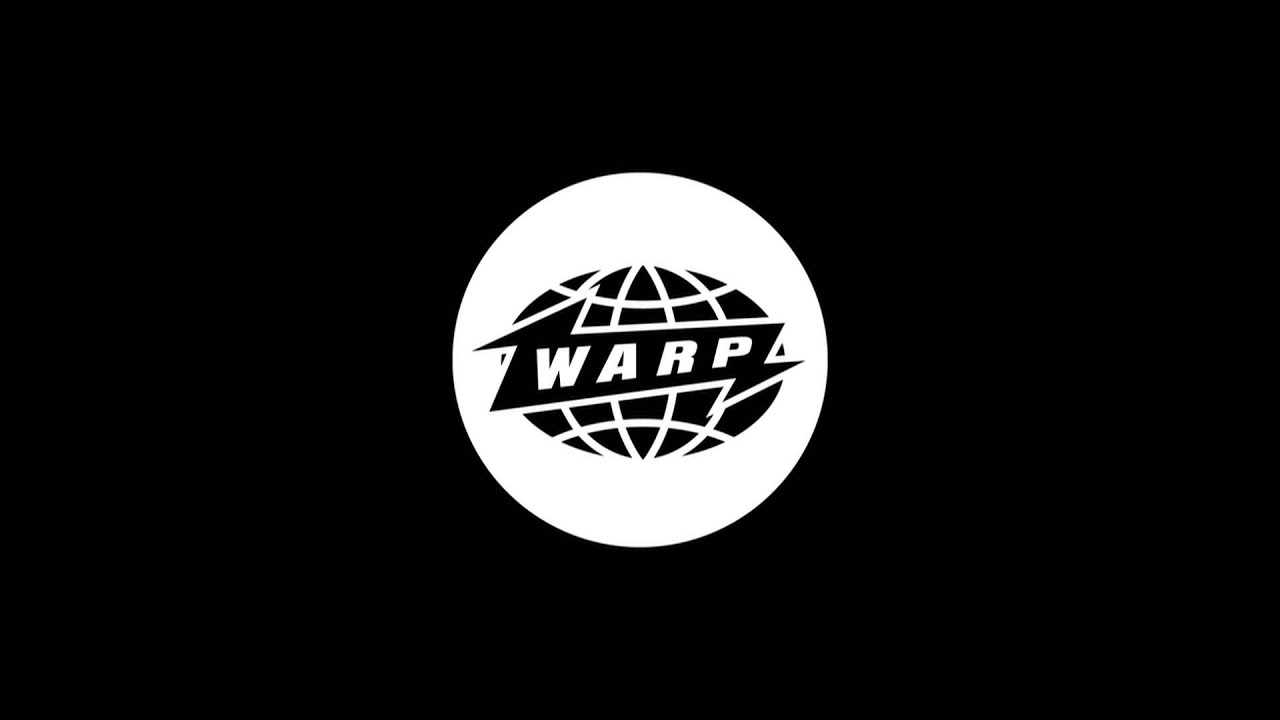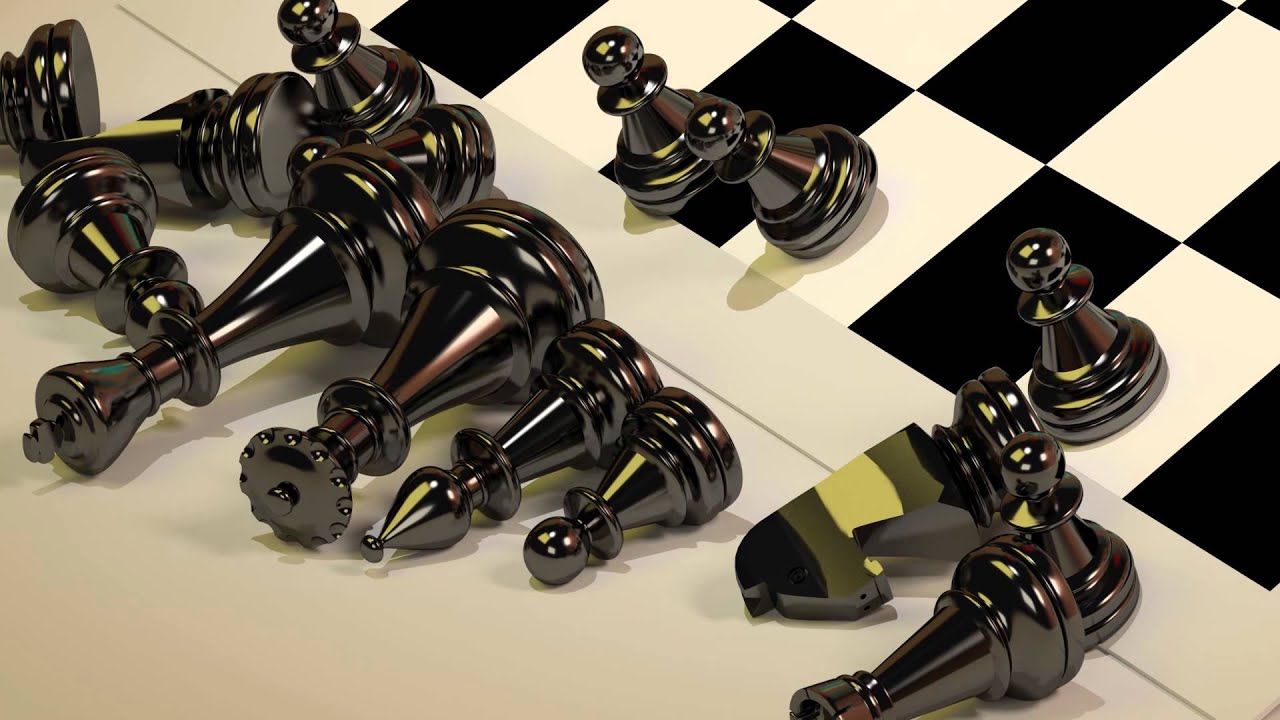It’s been yet another busy year for Daniel Lopatin. Last week saw the release of R Plus Seven, his latest album as Oneohtrix Point Never and his debut for Warp Records. He describes the record as “ornamental”, and it buzzes with unexpected, even humorous moments and flashes of light. More than ever, Lopatin has been working with other artists – including Tim Hecker on last year’s Instrumental Tourist and Brian Reitzell on the soundtrack to The Bling Ring – while his Software label has released acclaimed albums by Autre Ne Veut, Huerco S. and Slava. Before Lopatin’s concert at Islington Assembly Hall last week, I sat down with him to discuss composing and collaborating.
Unlike your earlier material, there isn’t much repetition on R Plus Seven. It’s constantly changing.
Daniel Lopatin: That’s true. I think I’d rather save the hypnotic aspects of what I do for a show – there’s something physical about that. I wanted to do something different with the record, that feels in a healthy way counterintuitive to what I would expect from music. To get away from the conventions of being, using a record to escape. I find that escape kind of tedious and really want engagement.
There’s a teasing quality to the album as well.
DL: Yeah, in a way. Like if there’s a sculpture in a space, you can walk around it and certain perspectives will only allow you to experience so much of it. But there could be shadows or light or dealing with a particular obfuscated bit of a sculpture from one angle you want to explore from the other side. The things I find interesting about experiencing an object in space, I wanted to feel compositionally.
Obscuring certain things deliberately, or hiding them…
DL: Or showing them in different perspectives. Simple, gestural things about acute moments that make them feel like an object instead of a musical convention. The purpose was not to aggravate people by teasing them or giving them blue balls – that’s maybe just an understandable reaction to having certain kinds of expectations from music. I’m not interested in playing cat-and-mouse games with people. I find that it doesn’t have to feel like an arduous thing in that sense.
I was wondering about the role of dance music on this album. There are little, tiny snippets of it. On ‘Zebra’, it’s almost like you’ve inverted dance music.
DL: I think rhythm was something that I played with more on this record than on previous releases. I don’t think I was necessarily motivated to make some kind of play on dance music tropes. There’s just a lot of gestural colours that I can go to and access, usually that are articulated by the technology I’m using – it tells me what it wants. A diva house organ preset is gonna want to be played a certain way. And I find that to be very interesting.
How did you make the album?
DL: The album was made in my apartment, mostly on a computer. Not a lot of hardware. A lot of mapping out, utilising non-musical information or flows to then create some general MIDI points that I then chromatically altered.
So how did you choose which ones you would use?
DL: A lot of the time they choose themselves, because we would have a ton of these scripts that we created, read back and then chromatically spread across four octaves. So if there’s a pre-existing melody we could apply that sampler instrument to the MIDI that was pre-existing. I would just sit down and write something. And then that melody would grab out of a bucket of possibilities certain words or certain phrases or sounds or whatever. So there was this informal procedural aspect to it, where there were these big buckets of possible things, like a robot arm that just goes in and takes it because that’s where it’s at on the piano roll. And that was it.
What’s the idea behind taking certain things out of your control?
DL: I really like that. Because I was engaging with my own composerly ideas so much – more so than usual, in a way. A lot of sitting down with an organ or a keyboard sound or piano sound and just writing. So you overdose on your own taste to some degree – within a threshold, you want some kind of letting go as well. It just makes things interesting and is also a closer approximation of the way I see things or understand the world to be. There’s a constant gradient struggle between control and letting go, in many aspects of things, so overdosing on one or the other to me seems a little bit too dogmatic. These choices are kind of intuitive, but on a macro level they do represent the way I want to characterise the world. I don’t want to give a picture of some kind of composerly intimacy, but I also don’t really believe that some kind of cold, detached purely generative music is my personality either. I think it’s about the interplay of those things.
You use vocals more than ever on this album. Especially on ‘Chrome Country’, you have this one extreme where they’re almost corny, but then you’re also twisting the vocals in what sound like unpleasant directions.
DL: What I like about some of those voices is that they attempt to have personality – they almost articulate something specific but ultimately fail. So I was playing off that a lot of the time, where’s it’s like, let’s try rolling what they’re actually saying or can I twist them around to intone something that I’d like to say in a non-direct, semiotic way. They come with pre-packaged gesture that’s fun to exploit. Sometimes it’s fun to just let them be what they are. Sometimes you want to see how they deal with each other. I wanted to give them a conversational quality and see how close I could bring them to sentience without being really hammy about it.
I think what’s corny is vocoders and stuff like that. I don’t particularly find those vocals [on R Plus Seven] to be corny but that’s just my taste. So what I found here was something much more rich to begin with, that allowed me a lot of interesting ways to think about it because it was strangely, uncannily real. There’s four or five different sources for those voices, all of them are varying degrees of musicality. Some of them are not musical at all. One of them was a text-to-speech program that is fairly realistic, and I’ve actually recognised some of the voices in commercials – I heard one for a Virgin Airlines commercial.
There was a cast of characters that were kind of my Greek choir. In a very loose way, I could dream through them and they’d suggest things and I would follow the suggestions and try to create something non-specific. The feeling of narrative, the feeling of a conversation – not the actual conversation itself, but the dynamics of a conversation or the dynamics of vocal pathos is what I was interested in. Using that in a musical way.
You talked about how you use musical gesture, and how gestures have certain associations. Inevitably they have associations of time and place as well – and a certain nostalgic quality.
DL: The affective quality of historicised textures interests me a lot. I like the potential of reducing clichés down into some kind of weird, molten texture. I like the morphological promise of something being a historical idea but also a historical texture and a purely gestural, emotional idea. And then seeing what happens when they fold or fall in and out of each other, or strengthen each other or are bonded together – stacked, literally, in the track. Music itself as a timbre, and the history of music as a timbre, as a module in a system of ideas, is what it’s all about for me. My way of dealing with music in a sculptural way is materialising history itself and treating it like something that’s malleable in that way.
You’ve been collaborating with a lot of people recently. When you have such clear ideas and aims for the creative process, what’s it like interacting with someone else?
DL: I’m always a little nervous going into it because I think, does he or she think I’m a lunatic? When I’m ruler of my own domain I can be aggressive with my ideas; when I’m working with other people I tend to lay back and see what the vibe is and what’s going on. Because not everything has to be about these ideas. OPN records do – that’s where I’m selfish, that’s where I really, really want to indulge in everything. Because I think, I know, I feel that if I do I’m doing honest work.
Finding the way to work honestly with other people, you have to consider the shared language until you find things. Sometimes it’s very simple and natural, other times it can feel very tricky, like you’re walking on eggshells. It’s good that I do that stuff because it’s harder to deal with people in every respect of your life. But it’s also interesting what people latch on to and which ideas. They’ll say, “I like this, I like that”, and inversely the things that draw me to other people are often very far away from what I can do. We always want to indulge in the things that we can’t really understand. So there’s that aspect to collaboration. Even with my label, Software, it’s often like that. I really enjoy and cherish the parts of the music, the artists that we release, that I don’t have direct access to. It feels wonderfully cryptic to me.




